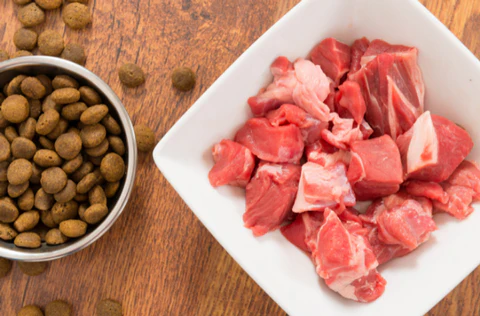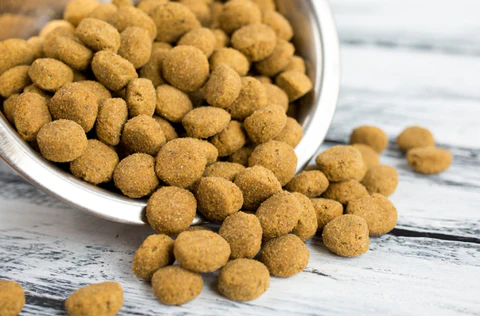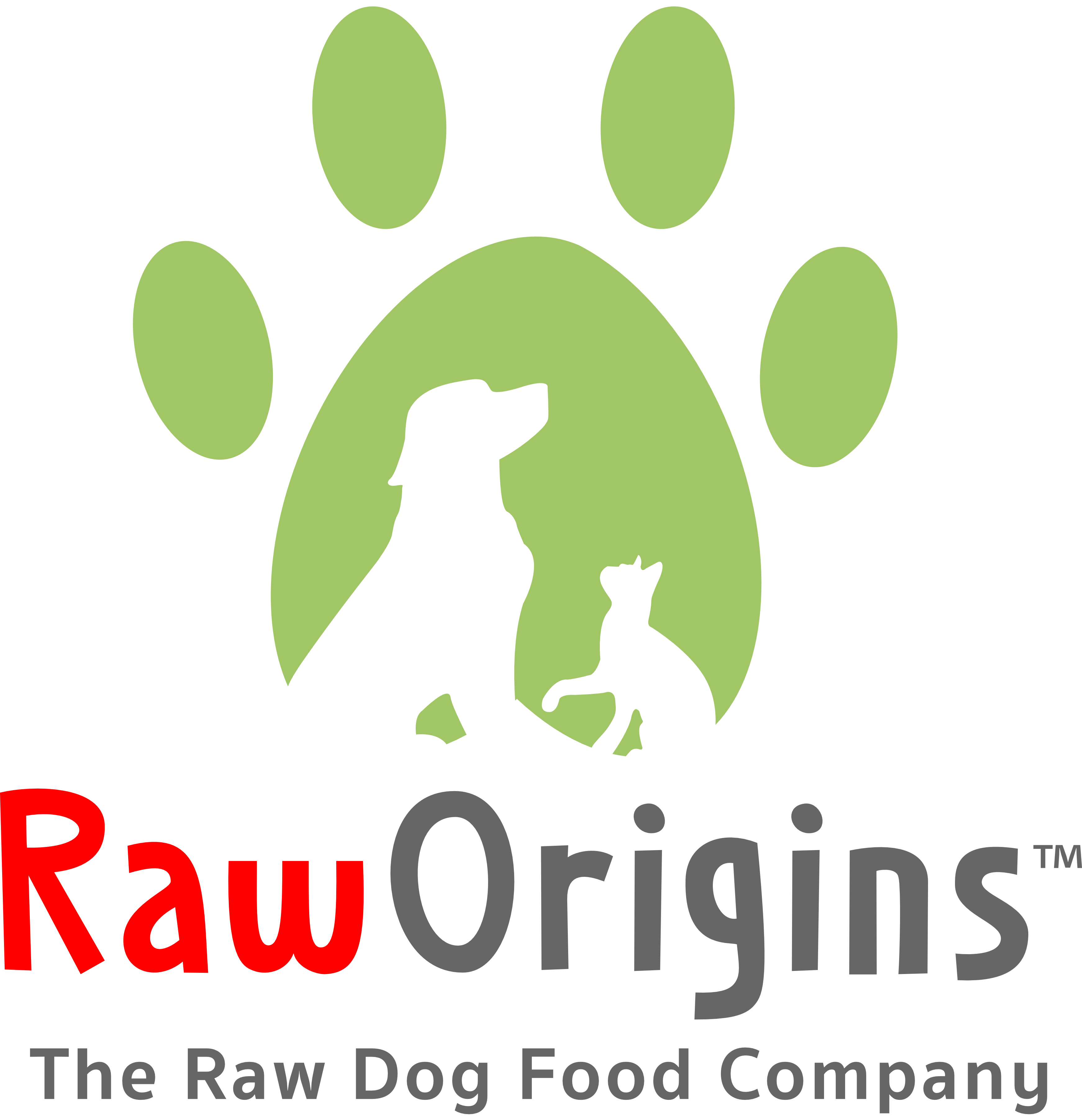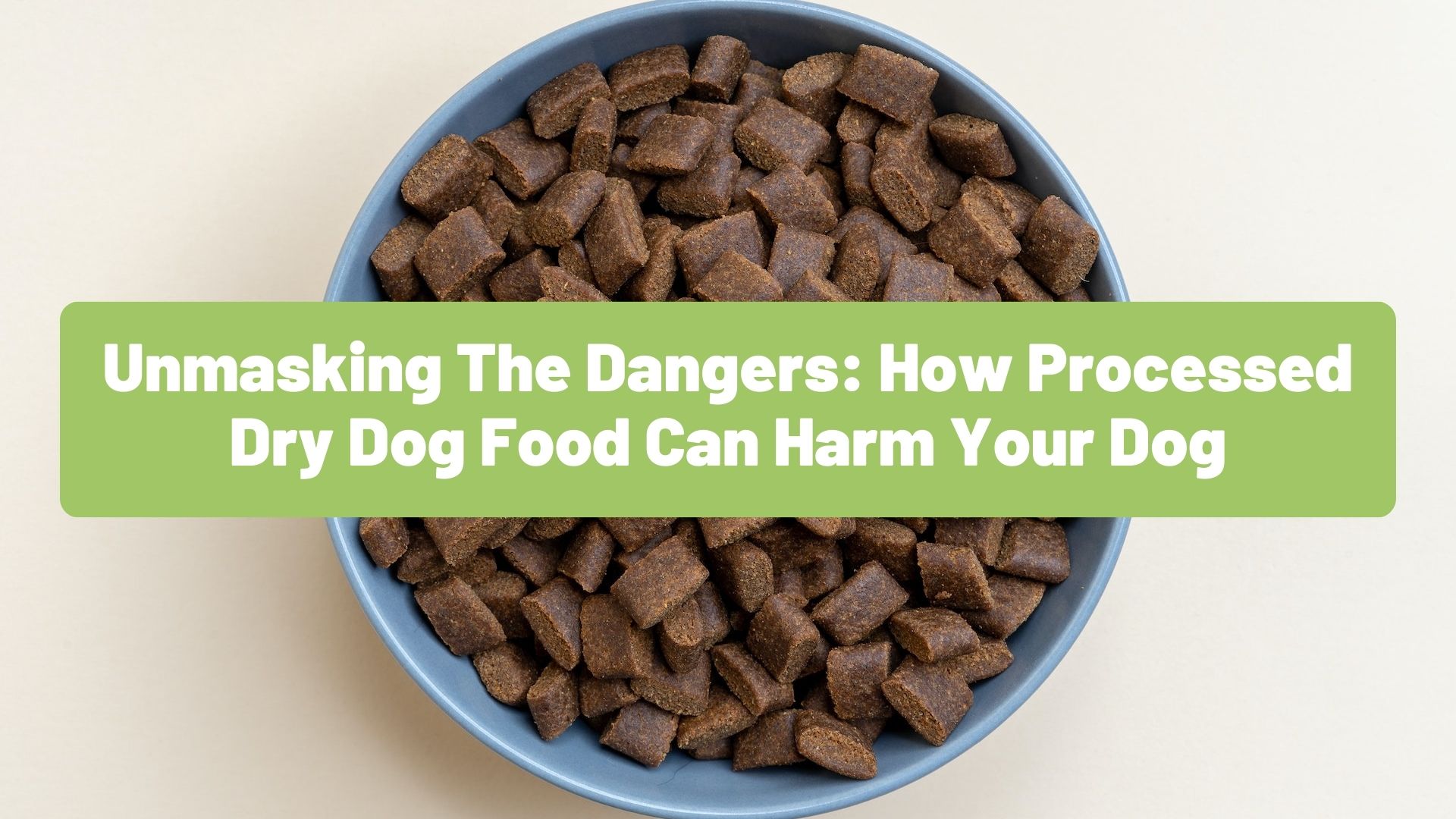Processed dry dog food, commonly known as kibble, has become a staple in many dog owners’ homes.
While it offers convenience and affordability, there are concerns about its impact on dogs’ health. In this blog post, we will explore the potential dangers associated with processed dry dog food and shed light on why it may harm your beloved canine companion.
1. Lack of Freshness and Nutrient Loss
The processing methods used to create dry dog food involve high heat and pressure, which can degrade the quality and quantity of nutrients. Essential vitamins, enzymes, and fragile fatty acids are often lost or significantly reduced during the manufacturing process. This nutrient loss can impact a dog’s overall health and vitality.

2. High Levels of Carbohydrates
Dry dog food often contains a high proportion of carbohydrates, such as grains and fillers. Dogs, as descendants of carnivorous wolves, have a limited ability to digest and metabolize carbohydrates efficiently. Consuming excessive amounts of carbohydrates can lead to weight gain, obesity, and potential health issues like diabetes.
4. Synthetic Additives and Preservatives
To enhance shelf life and palatability, processed dry dog food often contains synthetic additives, flavors, and preservatives. These additives, such as artificial colors, flavors, and chemical preservatives like BHA, BHT, and ethoxyquin, have been linked to allergies, sensitivities, and long-term health risks in some dogs.

5. Quality of Ingredients
The quality of ingredients used in processed dry dog food can vary widely. Lower-grade ingredients, such as by-products, fillers, and rendered meat meals, may be used to reduce costs. These ingredients may be less nutritious and may even contain harmful contaminants. Poor ingredient quality can compromise a dog’s overall health and may contribute to allergies and digestive issues.
6. Processing and Digestibility Concerns
The extrusion process used to manufacture dry dog food can make it harder for dogs to digest. The high temperatures and pressures involved in this process can alter the structure of proteins and other nutrients, making them less bioavailable. This reduced digestibility can put additional strain on a dog’s digestive system and potentially lead to digestive upset or nutrient deficiencies.

7. Lack of Dietary Variety
Feeding a solely processed dry dog food diet can result in a lack of dietary variety. Dogs thrive on a diverse range of nutrients obtained from different protein sources, fruits, vegetables, and healthy fats. A monotonous diet may increase the risk of nutritional imbalances and deficiencies over time.
While processed dry dog food offers convenience, it’s essential to be aware of its potential drawbacks and how it may harm your dog’s health. Opting for fresh, high-quality, and balanced diets that more closely resemble a dog’s natural dietary needs can promote optimal health, vitality, and longevity. Consider consulting with a veterinarian or canine nutritionist to explore alternative feeding options and tailor a diet that best suits your dog’s individual needs, providing them with the nourishment they deserve. Get updated knowledge on how to feed raw, discounts, coupons, and holistic rearing at www.RawOrigins.pet.


